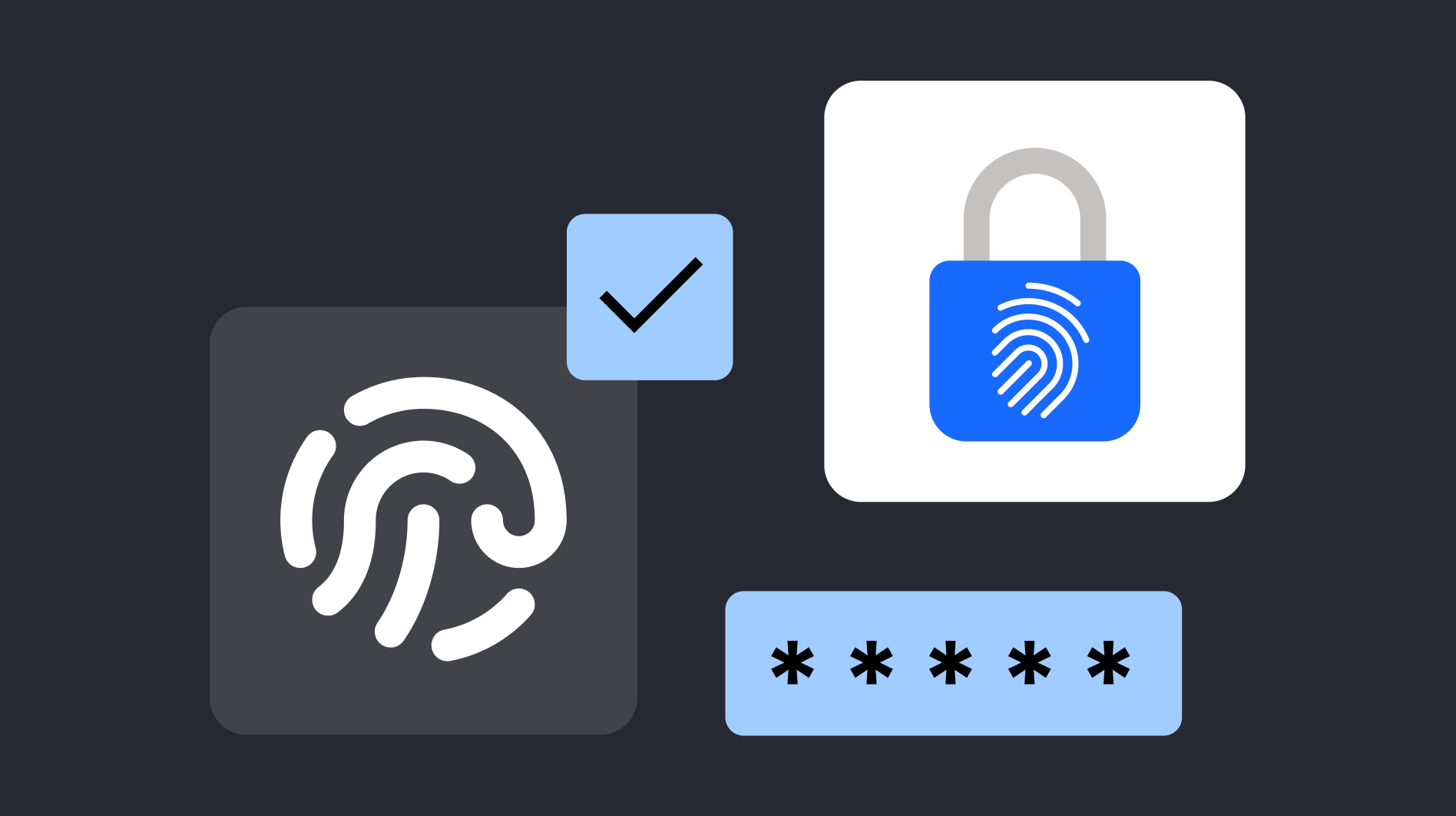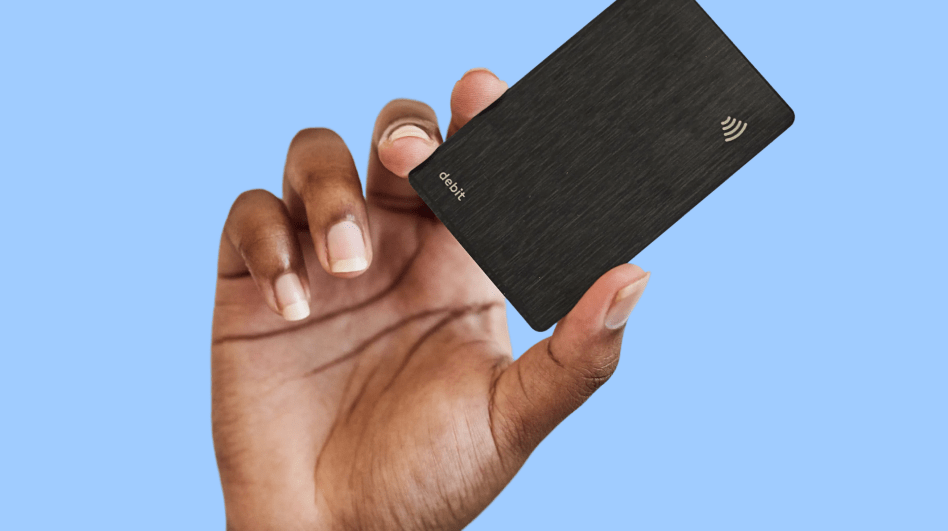There are many reasons why a payment fails. One of the most common causes is when a payer can't be authenticated. These types of failures are known as 'soft declines.' Unlike hard declines, soft declines are temporary and often recoverable – making them a critical area of focus for performance.
In this article, we’ll share what causes soft declines, how they differ from hard declines, and how to turn them into approvals.
What is a soft decline?
A soft decline happens when a payment is rejected for reasons that aren’t permanent. That could be because the cardholder doesn’t have enough funds at the time, their card has expired, the card has usage restrictions, or there was a temporary glitch in the processing network.
Soft declines differ from hard declines, which are permanent failures (like a stolen card or closed account) that can’t be retried. Because soft declines can often be recovered, they’re a critical focus for performance.
Why soft declines matter
Soft declines can be bad news for merchants. As we learned in our Black Boxes and Paradoxes research report, the cost of false declines – many of which are soft declines – cost merchants in the UK, U.S., France, and Germany as much as $20.3 billion a year. Of that, $7.6 billion was entirely written off.
What’s worse, many consumers who encounter false declines never return to that retailer. In fact, $12.7 billion of the revenue lost to false declines was picked up by competitors.
Soft declines vs. hard declines
Not all payment declines are the same, and knowing the difference can make or break your recovery strategy. Broadly speaking, declines fall into two categories: hard and soft. Each type has different causes, and each requires a different approach.
Hard declines
Hard declines happen when the customer’s card-issuing bank rejects the payment. Examples include attempting to use a card that has been reported as stolen or lost, or the card has expired. These declines are permanent, so the payment should not be retried.
Soft declines
Soft declines are temporary failures, and they make up between 80% to 90% of all declines. They occur for a host of reasons, including the need to authenticate the cardholder further because the purchase is unusual, or due to technical issues during processing. Because they’re temporary, merchants can retry the payment after meeting the conditions that caused the failure.
Common soft decline types and how to recover them
Insufficient funds
This is the most common type of soft decline. It happens when the customer doesn’t have enough money in their account at the time of the transaction.
Recovery strategies
- Intelligent retries: This is the most effective strategy. Instead of immediately declining, the merchant’s payment system can be configured to retry the transaction at an optimal time – such as later in the day, the next morning, or on common paydays.
- Customer communication: For subscriptions or recurring payments, send an automated reminder prompting them to add funds or update their details. Many merchants build this into a “dunning” flow.
- Offer alternatives: Present other payment options such as a second card, PayPal, Apple Pay, or Google Pay.
Expired card
The payment fails because the card being used has passed its expiration date.
Recovery strategies
- Account updater services: Automatically refresh expired or replaced card details using services from the card networks.
- Prompt for update: Make it easy for customers to update their card info at checkout or in their account settings.
Transaction not permitted/restricted card
Some cards, especially corporate or government-issued ones, have usage limits. These may block transactions with certain merchants or categories.
Recovery strategies
- Suggest contacting the bank: Prompt the user to contact their bank to lift restrictions.
- Offer another method: If the card won’t work, make it easy for them to switch to a different payment option.
Processor or gateway timeout
Sometimes, transactions fail because of a temporary hiccup – like a timeout on the bank, network, or processor side. These are out of the customer’s hands.
Recovery strategies
- Immediate retry: Sometimes simply trying again seconds later is enough.
- Intelligent routing: Use alternative processors or acquiring paths to increase success.
- Monitor system status: Stay informed of outages across your providers to act quickly.
3DS authentication required (SCA-specific)
This is more common in regions where Strong Customer Authentication (SCA) applies, such as the EEA and UK. If a transaction doesn’t meet the issuer’s authentication requirements or the customer fails a 3DS challenge, the transaction may be soft-declined.
Recovery strategies
- Retry using 3DS2: Resubmit with stronger authentication to complete the transaction.
- Use risk-based authentication (RBA) and transaction risk analysis (TRA) to reduce unnecessary challenges.
While important, this soft decline is just one of many. Authentication-related soft declines are best addressed in tandem with broader optimization strategies.
Recovering soft declines at scale
Recovering soft declines at scale requires a system designed to act quickly and intelligently. The most effective strategies include using intelligent retry logic to time reattempts for when they’re most likely to succeed, and implementing dunning flows that alert customers and guide them to resolve the issue. Account updater services can help ensure recurring billing continues uninterrupted, while dynamic routing and close monitoring of performance data allow merchants to steer transactions through the best-performing paths. It also pays to support a broad mix of payment methods to avoid over-reliance on any single one.
Talk to our sales team to learn how we help businesses reduce false declines, recover lost revenue, and improve overall payment performance.










_How%20and%20why%20to%20launch%20a%20card%20program%20(1).png)



_Introducing%20Issuing.png)
.jpeg)
